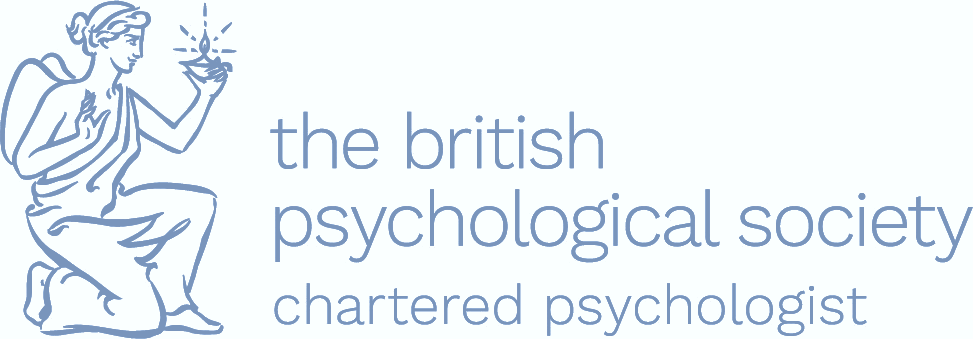online therapy
Why choose online therapy?
here are some specific examples of why you might choose online therapy:
- if you have a busy schedule: online therapy can be a great option if you have a busy schedule and don't have time to travel to a therapist's office • you can schedule therapy sessions at a time that works for you, even if it's late at night or early in the morning
- if you live in a rural area: If you live in a rural area, online therapy can be a great way to access mental health services • there may not be any therapists in your area, or the therapists who are available may not be a good fit for you • with online therapy, you can connect with a therapist from anywhere in the world
- if you have a disability: if you have a disability that makes it difficult to travel to a therapist's office, online therapy can be a great option. you can participate in therapy sessions from the comfort of your own home, and you don't have to worry about transportation or accessibility issues
- if you are concerned about confidentiality: if you are concerned about confidentiality, online therapy can be a good option. online therapy sessions are conducted over a secure internet connection, so you can be confident that your privacy is protected
what I can help you with
online therapy, also known as teletherapy, is a type of therapy that is conducted over the internet •
this means that you can meet with your therapist from the comfort of your own home, at a time that is convenient for you
there are many benefits to online therapy, including:
- convenience: online therapy is very convenient. you can meet with your therapist from anywhere, as long as you have an internet connection • this can be especially helpful if you have a busy schedule or live in a rural area.
- affordability: online therapy is often more affordable than traditional therapy • this is because you do not have to factor in the cost of travel or parking
- anonymity: if you prefer to keep your therapy private, online therapy can offer more anonymity than traditional therapy • this is because you can meet with your therapist from the comfort of your own home, and you do not have to worry about running into them in public
Attunement
I've honed my sensitive ability to deeply understand and resonate with the your inner experiences and emotions
Adaptability
With the ability to flexibly and responsively modify therapeutic interventions to your needs
Accessibility
To help you heal, I work to convey care, concern, and understanding clearly through our online communication
what to expect
First session
Our first session is an opportunity for both of us to think about how we could work together. I would want to find out more about your difficulties and the kind of help you might need. You can also ask me any questions, so you feel supported about the best way forward.
Therapeutic approach
As a Counselling Psychologist, I am able to understand and work with client in an holistic way. This involves drawing on a variety of therapeutic modalities, depending and your needs and goals for therapy. See below for a list of therapy approaches I draw on.
Therapy offer
I offer a space for reflection to create opportunities to know yourself more fully, connect with others more deeply, and feel life is lived in line with who you truly are and want to be. I work collaboratively with you at every stage of your therapy.
THERAPY APPROACHES
Find out more
mbt focuses on thinking clearly about our own and others' minds so we can make better choices and improve our relationships
cbt is a therapy that includes practicing skills and coping strategies that address unhelpful thinking that affect the way we feel
cat explores our relational patterns, rooted in the past, and how they may affect the way we feel and behave in the present
eft is an approach for working with couples, families and individuals that helps to create and reinforce secure, resilient relationships.
act combines acceptance and mindfulness strategies with behaviour-based change strategies to help us live in line with our values
cft helps us learn compassionate practices that address our self-critical thinking and imbalances in our emotional regulation systems

